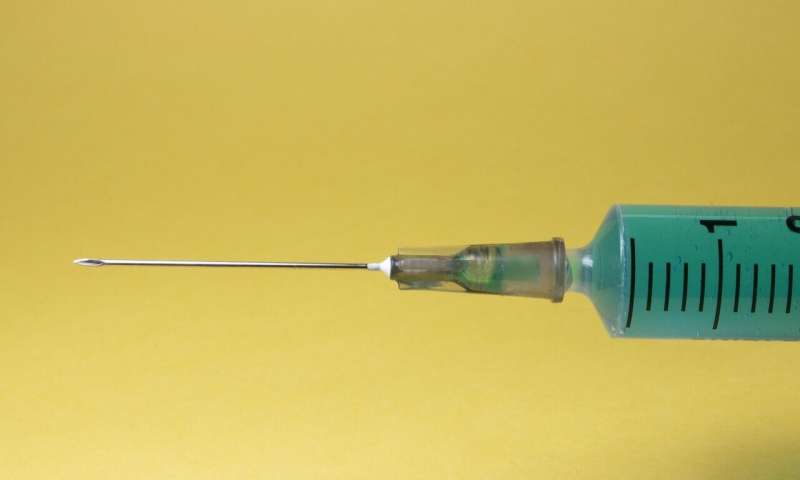Preventing Jet Ski Accidents: Essential Safety Measures to Protect Riders

Learn how to reduce the risk of jet ski accidents with essential safety tips, protective gear, and regulatory measures to ensure safer watercraft experiences.
Jet ski accidents, although often tragic, are largely preventable with proper safety practices and awareness. Recent incidents, such as two teenage boys on the Georges River in Sydney, highlight the serious risks associated with jet ski riding. One boy died at the scene, while another sustained life-threatening injuries, including the loss of an arm, after colliding with fixed objects or losing control. Investigations into these accidents are ongoing, but experts agree that education and proper safety measures can significantly reduce such occurrences.
The popularity of jet skis has surged across Australia, especially during the COVID pandemic, with nearly 100,000 registered units nationwide. This rise in usage increases exposure to potential hazards, especially during peak seasons and in crowded waterways. Most accidents happen during daylight hours, with a higher frequency on weekends and warmer months when water activities are more common. Many collisions occur close to shore, often within 50 meters, where interaction with other vessels, swimmers, or obstacles is frequent.
Statistics reveal that fatal jet ski crashes, while relatively uncommon, can be devastating. Australian data indicates up to three deaths per 100,000 license holders, along with numerous serious injuries that often go unreported unless hospitalization occurs. International studies suggest that actual incidents are even more prevalent, with many injuries likely unreported.
Certain groups are at higher risk; male riders constitute approximately 85% of injuries, with young adults and inexperienced riders being particularly vulnerable. Risk behaviors such as reckless maneuvers, alcohol consumption, and lack of experience significantly contribute to accidents. The injuries sustained are often severe, involving broken bones, traumatic impacts, and even life-threatening lacerations, especially when riders collide with watercraft, objects, or are ejected at high speeds.
Women riding as passengers face unique risks, including genital and rectal injuries resulting from falls or direct water stream impact. Children also face severe dangers, with many injuries resulting from head trauma and collisions, some leading to long-term disabilities or fatalities.
Preventive measures are crucial: public education campaigns can promote safer riding behaviors and discourage reckless conduct and alcohol use. Protective gear like neoprene shorts or wetsuits is recommended for women to minimize injury risks. Manufacturers are encouraged to redesign handlebars to mitigate impact injuries and develop safety features that reduce jet pressure when passengers fall off.
Additionally, establishing consistent regulations regarding minimum rider age, licensing, and training across states can help prevent accidents. Such standardization would close loopholes and promote uniform safety standards for all watercraft users.
In conclusion, while jet skiing remains an exhilarating activity, understanding and implementing safety measures are essential to prevent tragic accidents and injuries. Increased awareness, protective gear, and regulatory consistency are key to making waterways safer for everyone.
Source: https://medicalxpress.com/news/2025-07-jet-accidents-tragic.html
Stay Updated with Mia's Feed
Get the latest health & wellness insights delivered straight to your inbox.
Related Articles
AI Technology Enhances Early Prediction of Severe Asthma in Children
AI tools developed by Mayo Clinic enhance early prediction of severe asthma risks in young children, enabling personalized and preventive care strategies. These innovative models analyze health records to identify high-risk kids as early as age 3, aiming to reduce complications and improve outcomes.
Innovative Gene Therapy Offers New Hope for Alagille Syndrome Patients
A novel gene therapy approach shows promise in treating Alagille syndrome, potentially reducing the need for liver transplants and reversing liver damage in affected patients.
'Rogue' Scaffolding Cells Could Unlock New Therapeutic Strategies for Multiple Diseases
New insights into fibroblast diversity reveal their central role in multiple diseases, opening possibilities for universal drug targets and innovative treatments across various tissues.
Innovative mRNA Vaccine Findings Could Lead to a Universal Cancer Immunotherapy
A groundbreaking study reveals that a novel mRNA vaccine can broadly stimulate the immune system to fight various cancers, paving the way for universal cancer immunotherapy.



